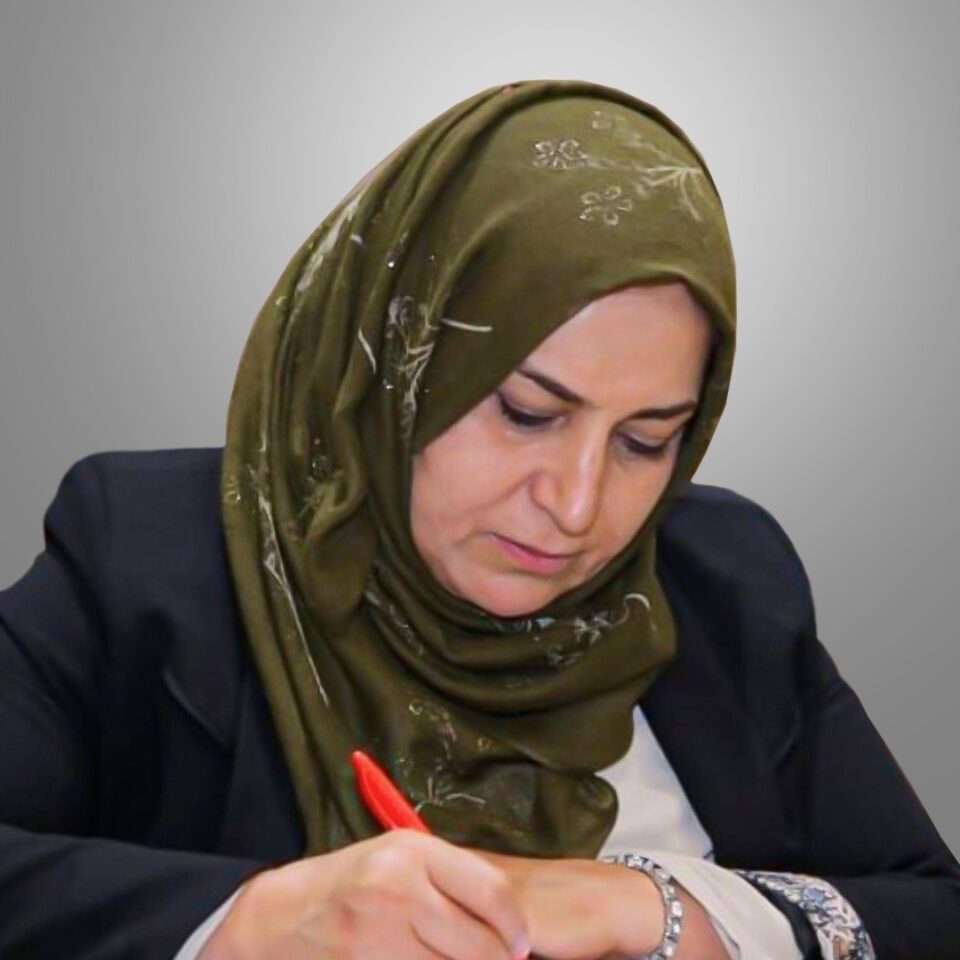By | Dr. Nazaket Hussen
One of the defining features of modern nationalism is industrialization. Without a domestic industrial base, a nation must rely on others, placing itself at a permanent disadvantage in global competition. To ensure economic independence and competitiveness, a country must both protect and promote its industrial and national capacities.
In the current global context—shaped by the industrial revolution, the rise of economic technologies, and the rapid development of artificial intelligence—the foundation of power is evolving. Future definitions of strength and authority will be built on different pillars. Friedrich List, a prominent 19th-century economist, argued that if states or local companies owned and developed their own small industries, they could achieve self-sufficiency and compete effectively on the global stage.
Similarly, Professor Abramo Fimo Kenneth Organski, a political scientist at the University of Michigan, is renowned for formalizing the Power Transition Theory. He identifies three key components in the dynamics of power: the level of industrialization, the size of the population, and the presence of an effective government. While industrialization remains critical, Organski stresses that political legitimacy and a substantial population—providing the necessary human capital—are equally vital in shaping autonomous and influential nations.
In examining the current state of the Kurdistan Region, it becomes clear that its foundation rests on two main pillars: the raw materials industry and the strategic integration of these resources into the global market. This is complemented by a developed political ideology and a relatively strong government capable of engaging in international diplomacy.
Although industrial development in Kurdistan remains limited due to various constraints, the energy sector offers a powerful opportunity to build foundational infrastructure. At the same time, the region is actively pursuing multi-dimensional diplomacy. Kurdistan has demonstrated a high degree of diplomatic sophistication, using diplomacy not only as a foreign policy tool but also as a means of building relationships among peoples, nations, and states, while managing conflicts through peaceful dialogue.
In spite of ongoing challenges and crises, the region’s robust political mindset and growing diplomatic capabilities have enabled it to participate meaningfully in the global energy market. This marks a significant step toward industrialization and the development of durable economic infrastructure—paving the way for long-term prosperity and autonomy.

